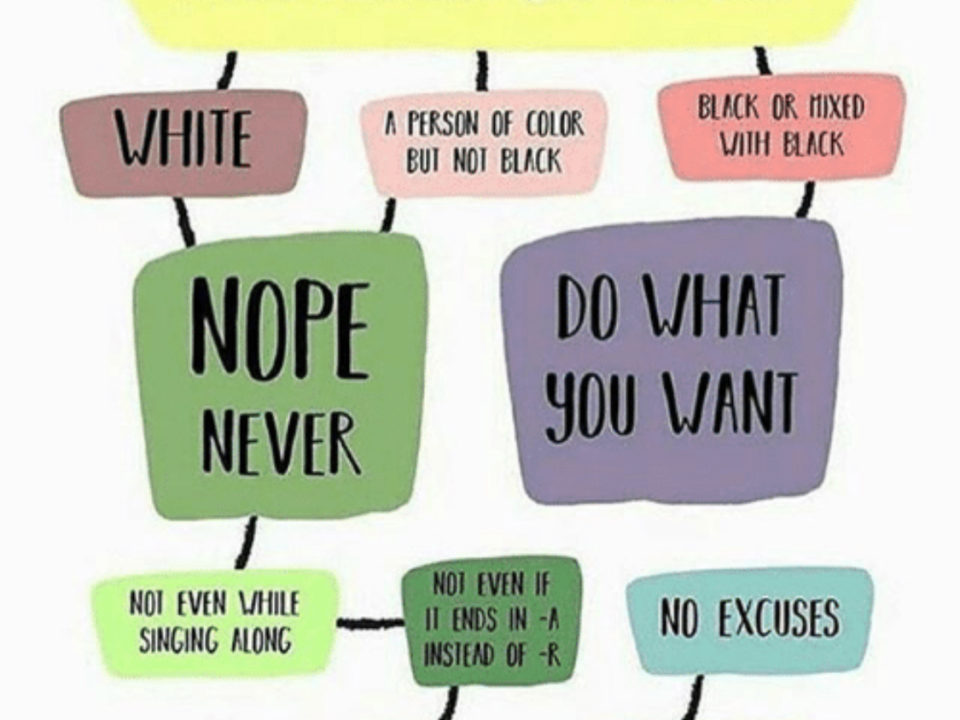Dysgraphia: What the heck is it and how do I know if my child has it?
August 25, 2016Marijuana Use and Abuse on the Rise
September 2, 2016 In a new study published in the Journal of Psychiatry and Neuroscience, researchers at University of British Columbia in Vancouver explored the connection between marijuana use and neural mechanisms involved in cognitive processing.
In a new study published in the Journal of Psychiatry and Neuroscience, researchers at University of British Columbia in Vancouver explored the connection between marijuana use and neural mechanisms involved in cognitive processing.
Data show that THC, the main psychoactive ingredient in cannabis, does not impair the rats' ability to perform or complete cognitively demanding tasks, but that it does affect the decision-making process when rats are presented with a choice of either low-effort/low-reward (LR) or high-effort/high-reward (HR) task. More specifically, following systemic administration of THC, rats showed significantly higher preference for the LR task over the HR task. In other words, the rats exhibited a choice shift toward the task that required less cognitive effort to complete.



